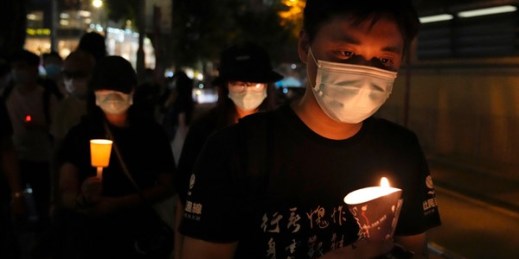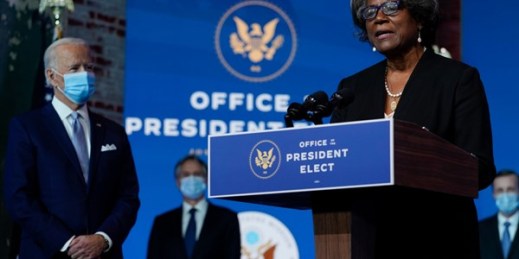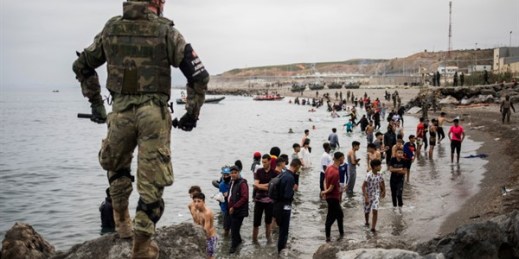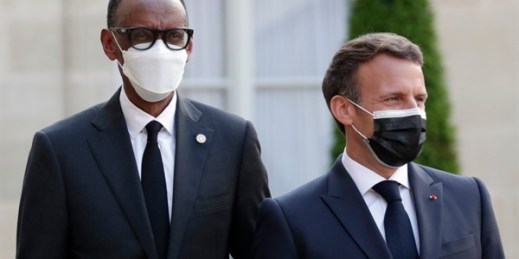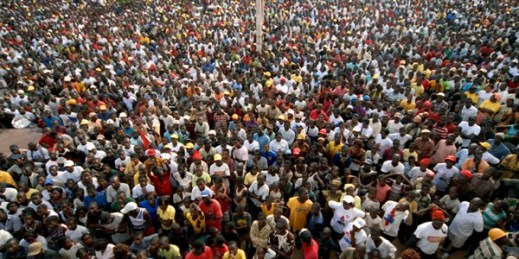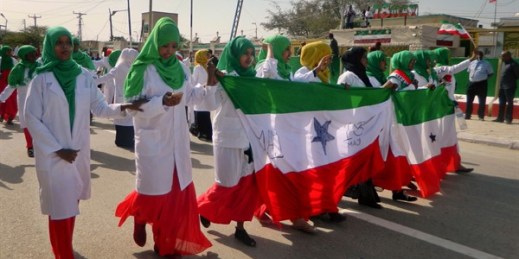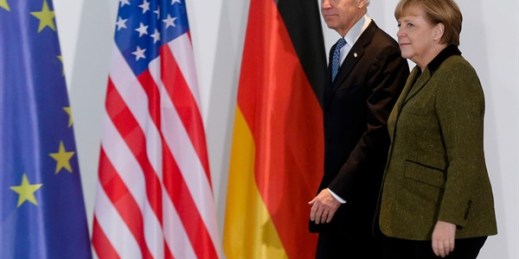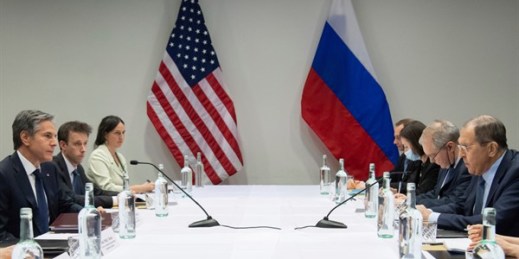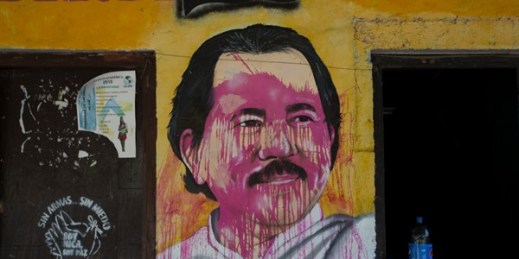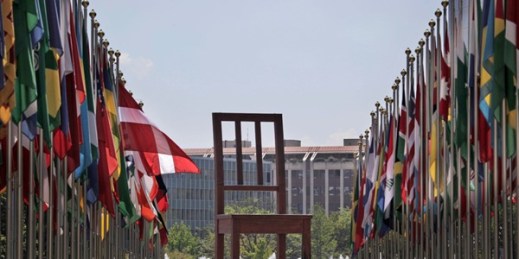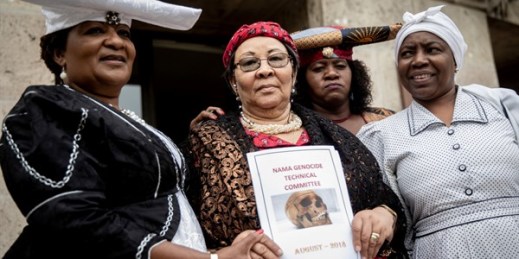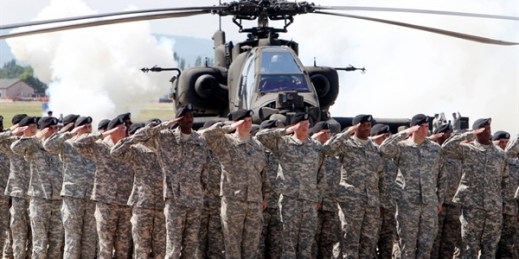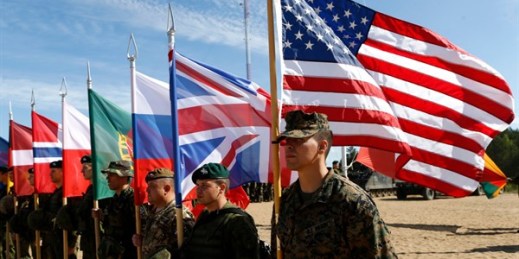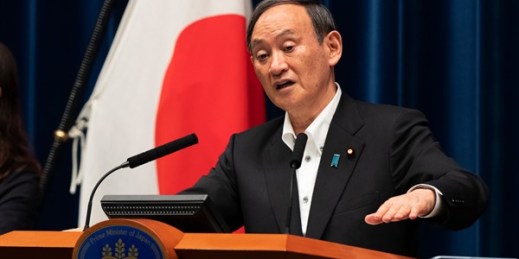
On May 21, Algerian authorities arrested some 800 protesters who had gathered to decry continued economic hardship and political stagnation across the country. It was one of the regime’s most visible shows of force yet against the yearslong popular uprising—known as Hirak, Arabic for “movement”—which resumed weekly mass demonstrations in February after suspending activities for almost a year due to the coronavirus pandemic. Hirak activists first began organizing in 2019 to demand the resignation of then-President Abdelaziz Bouteflika, but their demands quickly evolved to include calls for an overhaul of the political system. More recently, the protests have also been […]

